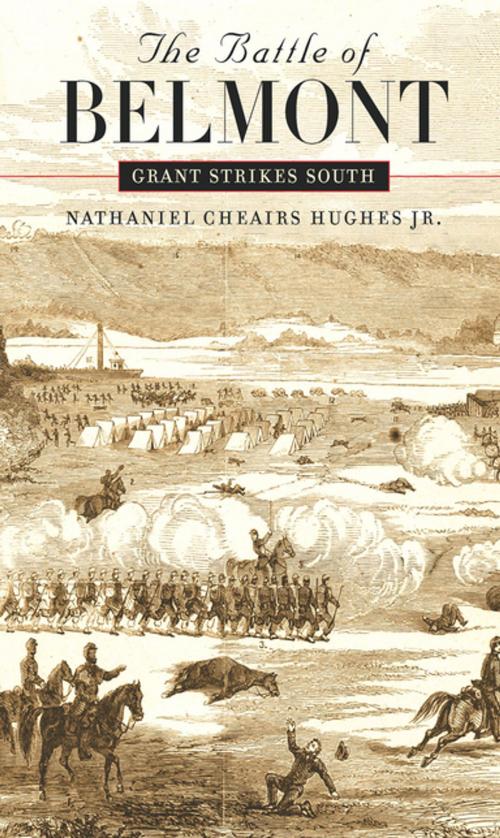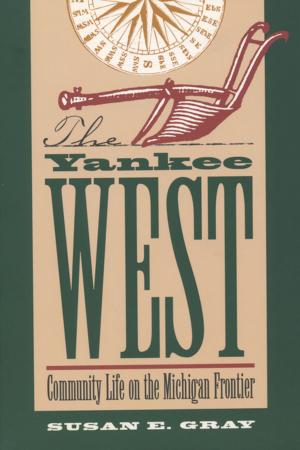The Battle of Belmont
Grant Strikes South
Nonfiction, History, Americas, United States, Civil War Period (1850-1877)| Author: | Nathaniel Cheairs Hughes | ISBN: | 9780807866818 |
| Publisher: | The University of North Carolina Press | Publication: | November 9, 2000 |
| Imprint: | The University of North Carolina Press | Language: | English |
| Author: | Nathaniel Cheairs Hughes |
| ISBN: | 9780807866818 |
| Publisher: | The University of North Carolina Press |
| Publication: | November 9, 2000 |
| Imprint: | The University of North Carolina Press |
| Language: | English |
The battle of Belmont was the first battle in the western theater of the Civil War and, more importantly, the first battle of the war fought by Ulysses S. Grant. It set a pattern for warfare not only in the Mississippi Valley but at Fort Donelson and Shiloh as well. Grant's 7 November 1861 strike against the Southern forces at Belmont, in southeastern Missouri on the Mississippi River, made use of the newly outfitted Yankee timberclads and all the infantry available at the staging area in Cairo, Illinois.
The Confederates, led by Leonidas Polk and Gideon Pillow, had the advantages of position and superior numbers. They hoped to smash Grant's expeditionary force on the Missouri shore and cut off the escape of the Illinois and Iowa troops from their boats. The confrontation was a bloody, all-day fight that a veteran of a dozen major battles would later call "frightful to contemplate." At first successful, the Federals were eventually driven from the field and withdrew up the Mississippi to safety. The battle cost some twenty percent of his troops, but as a result of this engagement Grant became known as an audacious fighting general.
Using diaries and letters of participants, official documents, and contemporary newspaper accounts, Nathaniel Hughes provides the only full-length tactical study of the battle that catapulted Grant into prominence. Throughout the narrative, Hughes draws sketches of the lives and fates of individual soldiers who fought on both sides, especially of the colorful and enormously dissimilar principal actors, Grant and Polk.
The battle of Belmont was the first battle in the western theater of the Civil War and, more importantly, the first battle of the war fought by Ulysses S. Grant. It set a pattern for warfare not only in the Mississippi Valley but at Fort Donelson and Shiloh as well. Grant's 7 November 1861 strike against the Southern forces at Belmont, in southeastern Missouri on the Mississippi River, made use of the newly outfitted Yankee timberclads and all the infantry available at the staging area in Cairo, Illinois.
The Confederates, led by Leonidas Polk and Gideon Pillow, had the advantages of position and superior numbers. They hoped to smash Grant's expeditionary force on the Missouri shore and cut off the escape of the Illinois and Iowa troops from their boats. The confrontation was a bloody, all-day fight that a veteran of a dozen major battles would later call "frightful to contemplate." At first successful, the Federals were eventually driven from the field and withdrew up the Mississippi to safety. The battle cost some twenty percent of his troops, but as a result of this engagement Grant became known as an audacious fighting general.
Using diaries and letters of participants, official documents, and contemporary newspaper accounts, Nathaniel Hughes provides the only full-length tactical study of the battle that catapulted Grant into prominence. Throughout the narrative, Hughes draws sketches of the lives and fates of individual soldiers who fought on both sides, especially of the colorful and enormously dissimilar principal actors, Grant and Polk.















